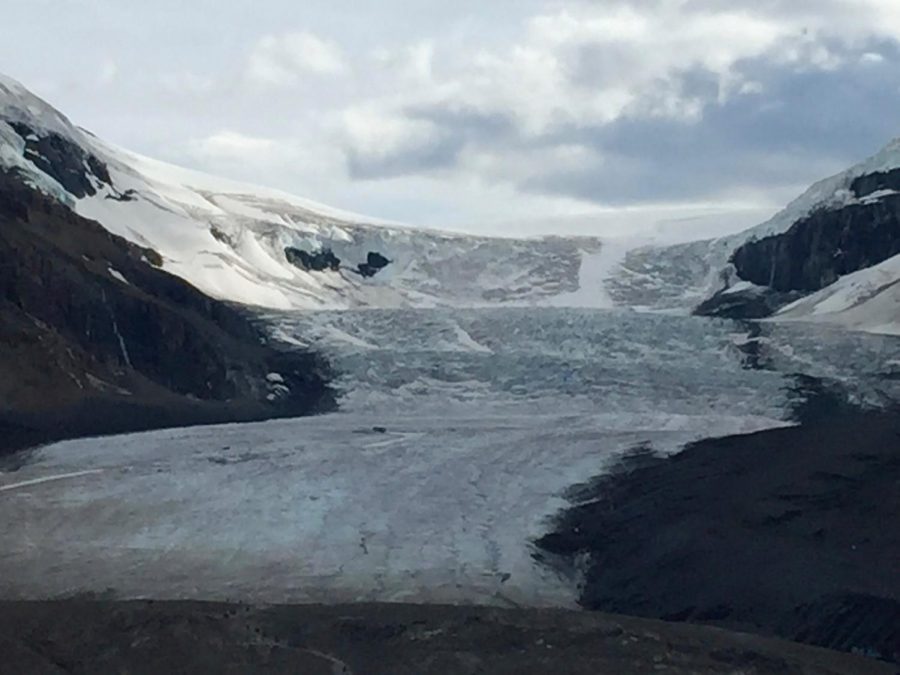COVID-19 — A Painful Wakeup Call
March 29, 2020
Quarantine. It seems like such a sophisticated word, yet its three syllables mean isolation — from society. With COVID-19 creating mass hysteria globally, I’ve come to realize that there is always good in the bad.
Interestingly, the canals in Venice, Italy run clear with dolphins now, which hasn’t happened in 60 years. The air in China and Italy is the cleanest it’s ever been. In Seattle, New York, Los Angeles, Chicago, and Atlanta the fog of pollution has lifted drastically. Even global carbon emissions have decreased. With people in self-isolation, societal pollution has fallen and has created a wake up call for people all over.
Overall, the Coronavirus should be a model for how we address climate change. As the United Nations’ secretary general recently noted, “the threat from coronavirus is temporary whereas the threat from heat waves, floods and extreme storms resulting in the loss of human life will remain with us for years.”
I have never thought of the environment with such angst before. Personally, I always thought there were bigger problems than the environmental issues. However, that’s the problem. So many people are enraptured by that way of thinking. “Since it’s not affecting me, why should I think twice about it,” they say.
Global warming is real and we’ve caused it. The Earth’s temperature has been on the rise for years. We’ve been getting less snow and each year glaciers around the world melt. The continent of Antarctica is thawing. Our little island here will eventually be submerged if we don’t seriously address our carbon problem. At the very least, someone has to figure out how to capture the massive amounts of carbon we release into the atmosphere.
I get it. Our lives are like ferris wheels…we can’t ever seem to get off the ride. It just keeps going around and around. However, we are in the midst of a pandemic and if there is any time to address the magnitude of climate change, this would be the perfect time.
Once the virus subsides and we get back to the routine of riding the ferris wheel, we need to keep in mind the positive effects that occurred when most of the population remained indoors. We cannot simply exhale and say, “That was close.” We need to address climate change as the significant issue that it is. Social distancing isn’t the answer to saving the world, yet this is the time to find a solution.
In addition to doing a better job of preparing for the next pandemic, which might have a significantly higher death rate, is for every individual to change how they treat the environment. Next time you need to visit a friend, think. Could you ride your bike or walk? Not only are you helping the environment, but you’re exercising your body. Always see the good in the bad and seek the lesson, in any situation.















